Five beneficial effects of travel
For the Dutch psychologist Ap Dijksterhuis this is as clear as day: 'Travel is necessary to avert "psychological mould".' It's just one of the reasons why he likes to travel so much and so often. In his book ‘Wie (niet) reist is gek’ (He who doesn't travels is crazy), he gives five scientifically substantiated beneficial effects of travelling.
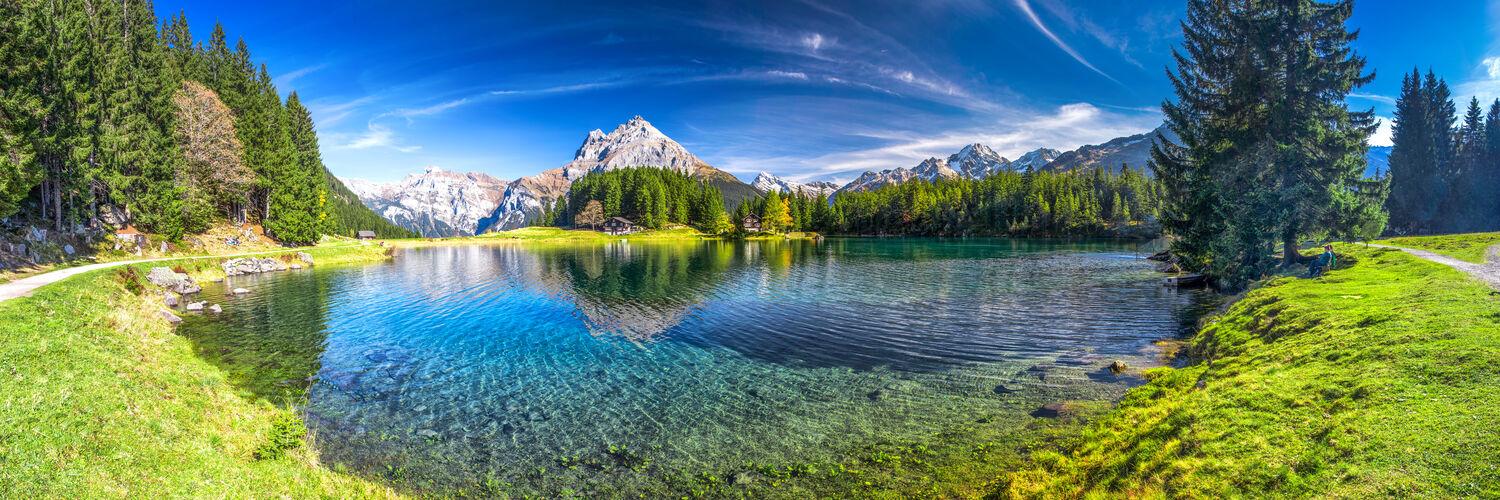
A person who does (not) travel is crazy
“Trips are like friendships, free evenings or spare batteries. You can have a lack of them but rarely too many." Check out the five effects of travel.
1. Travel inspires
'A brain that is amazed, has processed new stimuli and is free of "psychological junk", generates valuable ideas.” A long, active, and far-ranging journey appears to be the most efficient stimulus for our creativity.
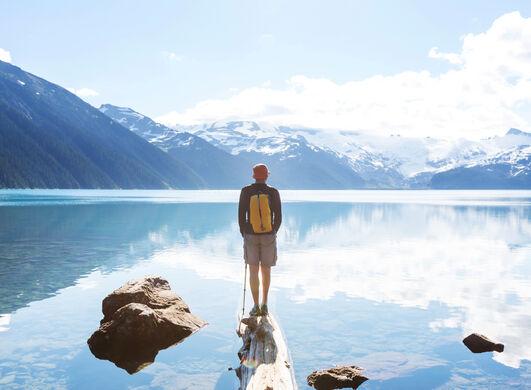
2. Travelling broadens the emotional repertoire

Travelling broadens and deepens our emotional existence, says Dijksterhuis. He talks about 'euphoric displacement' and ' nostgarie' (a nostalgic feeling of rediscovering something from the past), but equally about miserable travel emotions. Because imperfections are also part of it all, according to him. 'Some setbacks enrich a journey and provide extra relief. Incidentally, experience shows that apparent disasters are usually not that bad.' Euphoric displacement arises because your brain processes new stimuli at lightning speed. 'A brain in this state produces dopamine. And you get high from it.' Dijksterhuis describes 'nostgarie' as “being lifted and taken along by the sublime feeling that you have found your origin”. The colours, scents and atmosphere of an unknown place make you feel like you are coming home.
3. Travelling extends our existence
'Travelling allows us to stretch our lives tremendously,' says Dijksterhuis. 'Our internal clock does not run according to seconds or minutes, but on stimuli. The more stimuli, the longer something seems to last. You experience much more when travelling than at home. Just consider what you have done during three days in Copenhagen or Krakow. Those well-spent days don't feel as if they are choking you like ones spent at home. This is because you have enough free time to just hang out '.
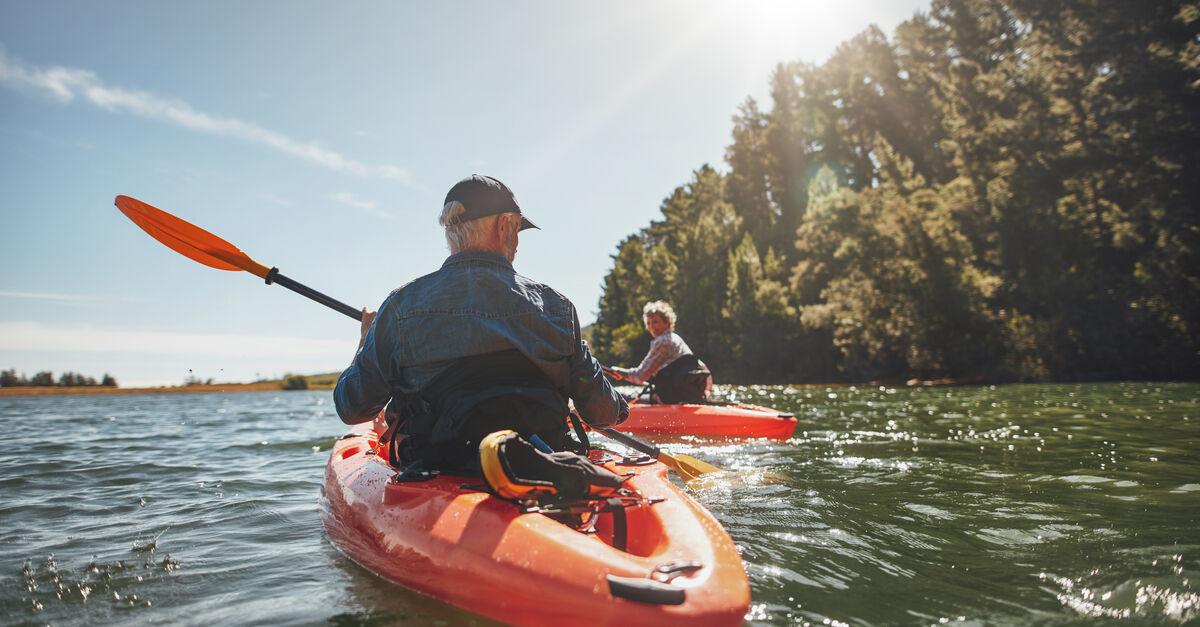
4. Travelling is educational
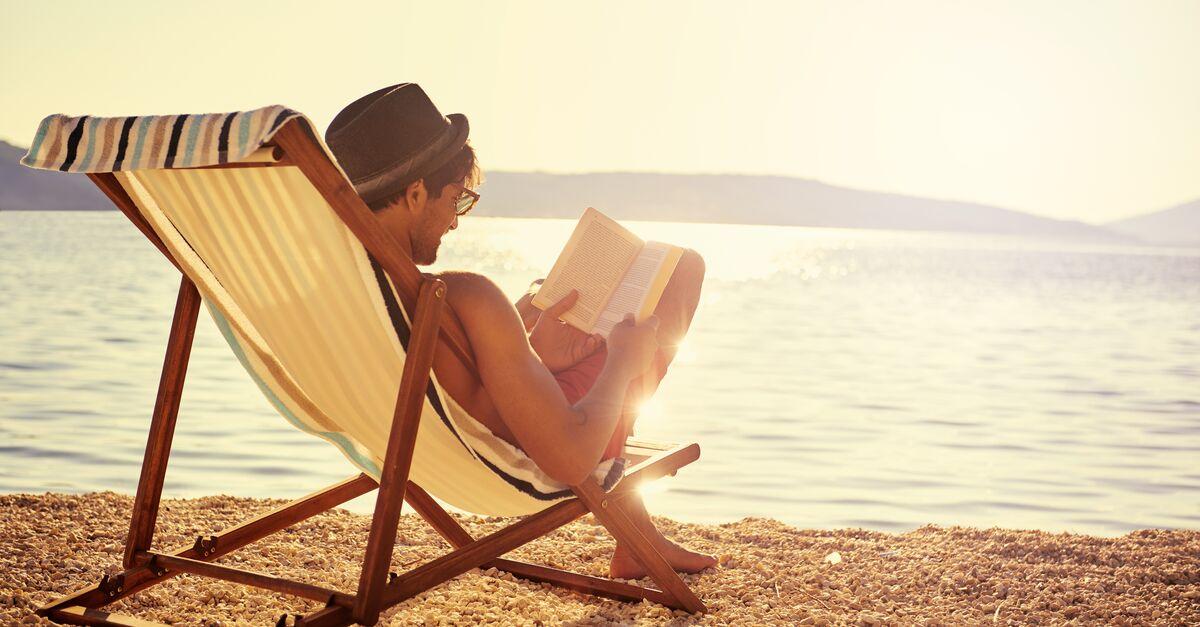
What do you learn while travelling? Dijksterhuis: 'First of all, that people are human wherever you go. They seek happiness and pleasure, and try to avoid pain and misery. ' That is why travel broadens understanding, and awakens trust. Research shows these qualities among people from the happiest countries like Scandinavia, while it is not the case in unhappy countries like Russia. Sometimes people go on a trip to find themselves. According to Dijksterhuis, 'losing yourself' is a better motive. 'Travelling relieves you of worries about a full mailbox, frustrations about a colleague who has been promoted, and your worry about whether or not you should buy that nice jacket. Travelling actually turns the spotlight away from yourself.'
5. Travelling makes you happy
So yes, the word is out! Travelling makes us happy. Science shows that travellers are happier than those who stay at home before, during and after their trip. One explanation is that travel is all about experiences and that - certainly in the long-term - experiences lead to more satisfaction than possessions. So if you have to choose between a new kitchen and a trip, take the trip!
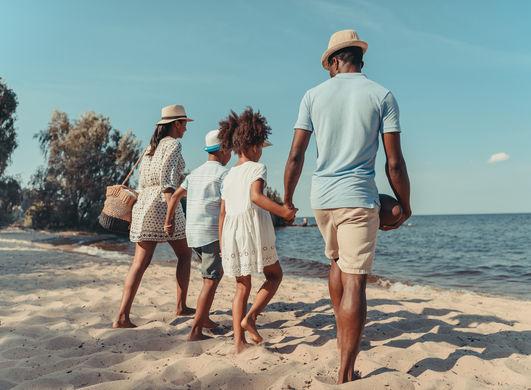
And this is the reason
to invest in a trip.
Experiences rarely lead to boring comparisons. For example, in the case of possessions, people are more often worried about whether their purchase could have been cheaper, etc.
Experiences rarely lead to boring comparisons. For example, in the case of possessions, people are more often worried about whether their purchase could have been cheaper, etc.
You share experiences with others more than you do so with things. Possessions can show something about who you are, but experiences do that much more.
You share experiences with others more than you do so with things. Possessions can show something about who you are, but experiences do that much more.
Fun before and after
The main reason why experiences make us happier than stuff is the enjoyment we get from them before and after the actual experience itself. 'You really shouldn't underestimate that.' says Dijksterhuis. 'Looking forward to the future makes everything easier, and your work is more fun too. The brain circuits that control our "after-fun" are even more flexible and creative than the circuits that produce anticipation.'
Conclusion: the psychological purity of travel
Travelling has its own rhythm ”, Dijksterhuis concludes. “During the day you are occupied by what you
are doing then, and in the evening you reflect on the day with satisfaction, while at the same time looking
forward to what is to come. And you always know that the next day you will do something that you still haven't
ever done before. That rhythm gives travel its psychological purity.'


